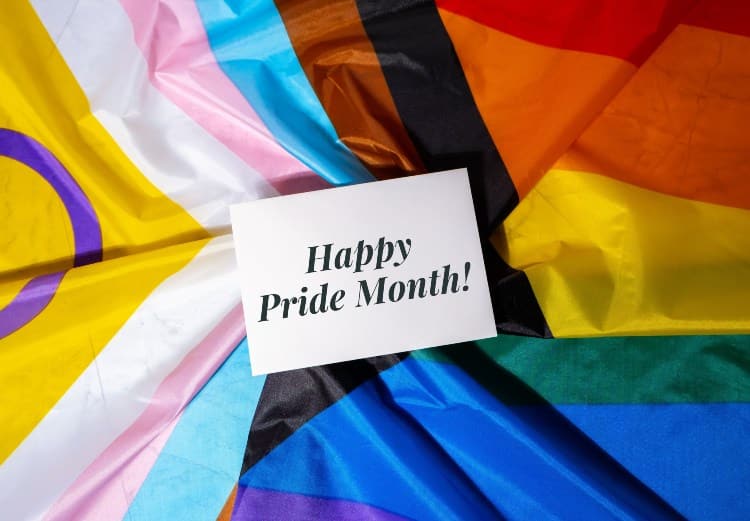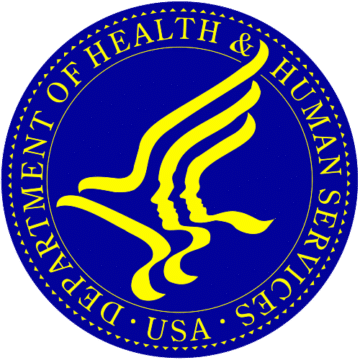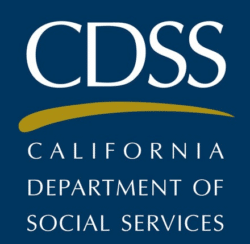
The 4 Types of BPD: Understanding Borderline Personality Disorder Subtypes
Borderline Personality Disorder (BPD) affects approximately 1.4% of adults in the United States, yet it remains one of the most misunderstood mental health conditions. While




Borderline Personality Disorder (BPD) affects approximately 1.4% of adults in the United States, yet it remains one of the most misunderstood mental health conditions. While

Finding Culturally Affirming Mental Health Care A Guide for BIPOC Individuals Finding mental health care that truly understands your cultural identity and lived experiences as

Burnout, Workplace Stress & Men’s Mental Health Workplace stress and burnout disproportionately affect men’s mental health, yet understanding the warning signs and available resources empowers

Pride Month serves as a powerful reminder of the importance of acceptance, authenticity, and the ongoing fight for equality. For many members of the LGBTQ+

Recovery is a journey that unfolds in stages, and knowing when you’re ready to step down to a lower level of care represents a significant

When seeking mental health treatment, choosing the right level of care can feel overwhelming. Two popular options that bridge the gap between residential care and

This comprehensive guide explores how to build resilience through mental health challenges, providing evidence-based strategies that can transform your relationship with adversity and strengthen your mental well-being.

Stress Awareness Month 2025: A Time to Reflect and Take Action April marks National Stress Awareness Month, an opportune time to examine one of the

Living with autism spectrum disorder (ASD) presents unique challenges in navigating daily life, social interactions, and personal development. What many people don’t realize is that




















